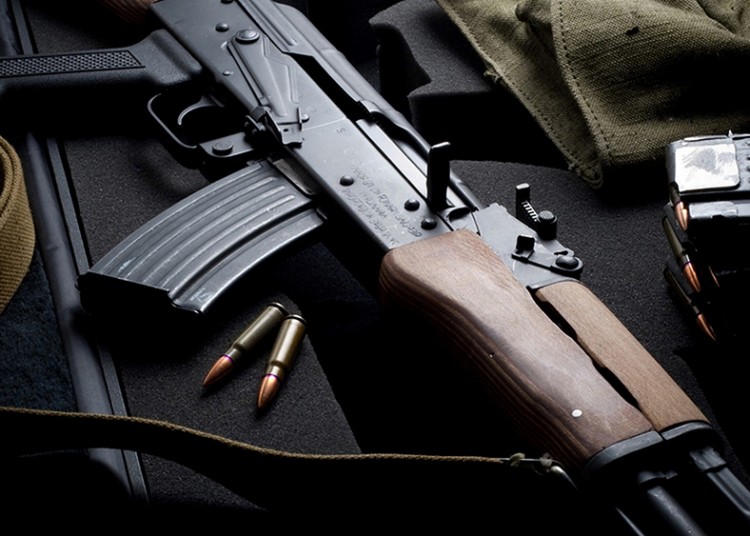The Minister of National Defense, Jaime Neto, considered the weaknesses on national borders as a gap in the fight against terrorists in Cabo Delgado. The minister spoke this Sunday, at the extraordinary summit of the African Union, and argued that issues of peace deserve immediate intervention.
Before other heads of state and government, the Mozambican Minister of Defense spoke about the situation in Cabo Delgado, claiming that the “porosity” of national borders “facilitates the traffick of small weapons that are used by criminal, terrorist and extremist groups to perpetrate acts of violence, causing destruction, death and pain in the communities”. According to Jaime Neto, this fragility on the borders ends up culminating in preventing the people from “benefiting from the dividends of peace in the form of employment, education, health, security and a decent livelihood”.
According to the minister, security issues deserve priority, arguing that relegating the problem to the background increases the risk of creating a tragedy.
Using statistics from the African continent and Mozambique, the minister justified his position. “Work for peace cannot be postponed or even relegated to the background. Despite improvements in the stability situation on the continent, in the past decade, we continue to experience various forms of violence and armed conflicts. According to recently released estimates, between 2013 and 2017, armed conflicts have claimed more than 27,000 deaths and major material damage on the continent. In my country alone, since 2017 we have registered around 1,100 deaths associated with armed violence ”, declared Jaime Neto.
This year’s motto of the African Union has to do with the need to silence weapons on the African continent, one of the 14 anchor projects on the continent’s 2063 Agenda for Socio-Economic Integration and Transformation. Jaime Neto highlighted the efforts of the Mozambican State to achieve this objective.
“As a country, we are considering the introduction of some measures and initiatives with a view to socializing the roadmap for the silencing of weapons, through the creation of a unit for the silencing of weapons; socialization of the Johannesburg Declaration – which provides for the extension of the implementation of the African Union roadmap on practical measures to silence weapons in Africa for an additional 10 years – under our SADC presidency and incorporation of this motto into the framework of the our candidacy to the United Nations Security Council in 2023-2024, described.
“The time has come to use this initiative to, once and for all, demystify the recurring narrative that associates our continent with violence”, concluded Minister Jaime Neto.
The African Union extraordinary summit lasted approximately six hours and was chaired by the President of the African Union and South Africa, Cyril Ramaphosa.



